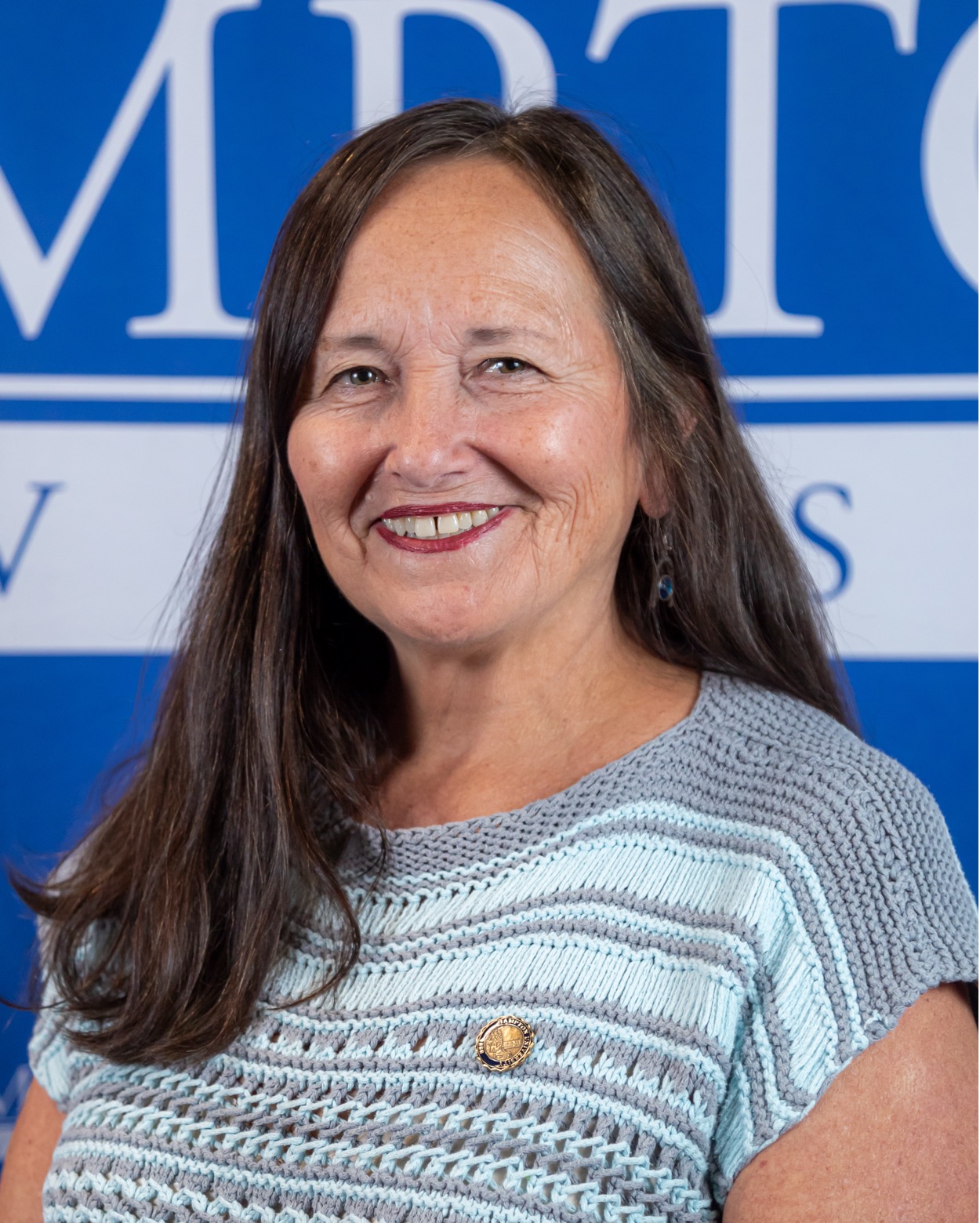Dr. Linda L. Hensel

Assistant Professor of Biology
Expertise: Biofilm Inhibition and Eradication
Education
Professional Positions Held
Professor Emerita of Biology
Mercer University
Research Focus—Biofilm Inhibition and Eradication
My research focus is on bacterial biofilms. Biofilms allow bacteria to stick to catheters, heart shunts, and teeth to name a few substrates. Biofilms protect the bacteria from our immune system allowing the bacteria to cause disease, for example, dental caries (cavities). My students have designed and synthesized biofilm inhibiting novel-lead compounds, developed assays for quantifying biofilm, and tested compounds for biofilm eradication. At HU, our work will focus on isolating bacteriophage that will either inhibit or eradicate biofilm produced by several pathogenic species of bacteria. Student researchers can isolate novel bacterial viruses, develop assays that can be used in CURES (see below), or test the biofilm inhibitors we have discovered in conjunction with bacteriophage to determine if the combinations are superior to either combatant alone.
CURE Development to Build Research Confidence in Undergraduates
My educational research interest centers on fostering accessible and product-producing authentic research experiences for undergraduate students. In the last ten years, that has resulted in developing course-based undergraduate experiences for both Introductory Biology and upper division Genetics courses. The most successful programs have been biology courses integrated with chemistry courses so that students can design, synthesize, and test their compounds as antimicrobials. The antimicrobials I am particularly interested in are biofilm inhibitors and eradicators. I have also visited the Eliava Phage institute in the Republic of Georgia the last two summers, and my students have participated in their research programs during those summer visits. The Eliava Phage Institute researchers contribute to the bacterial viruses that are widely used in Eastern medicine as both preventative medicine and treatments. For example, bacteriophages are added to disinfectants and soaps to ward off pathogenic bacteria in Eastern European countries.
Interweaving Service with Academic Courses for Pre-professional Development
I have also developed courses with a service component for pre-medical students such as incorporating Hospice Care and shadowing hours with a Biology of Aging course. If students are interested in service-learning research and in developing programs and assessing programs of this nature, please contact me. This research could be at a Masters’ or undergraduate level. There are dozens of Service-learning journals that describe research in this field if interested.


